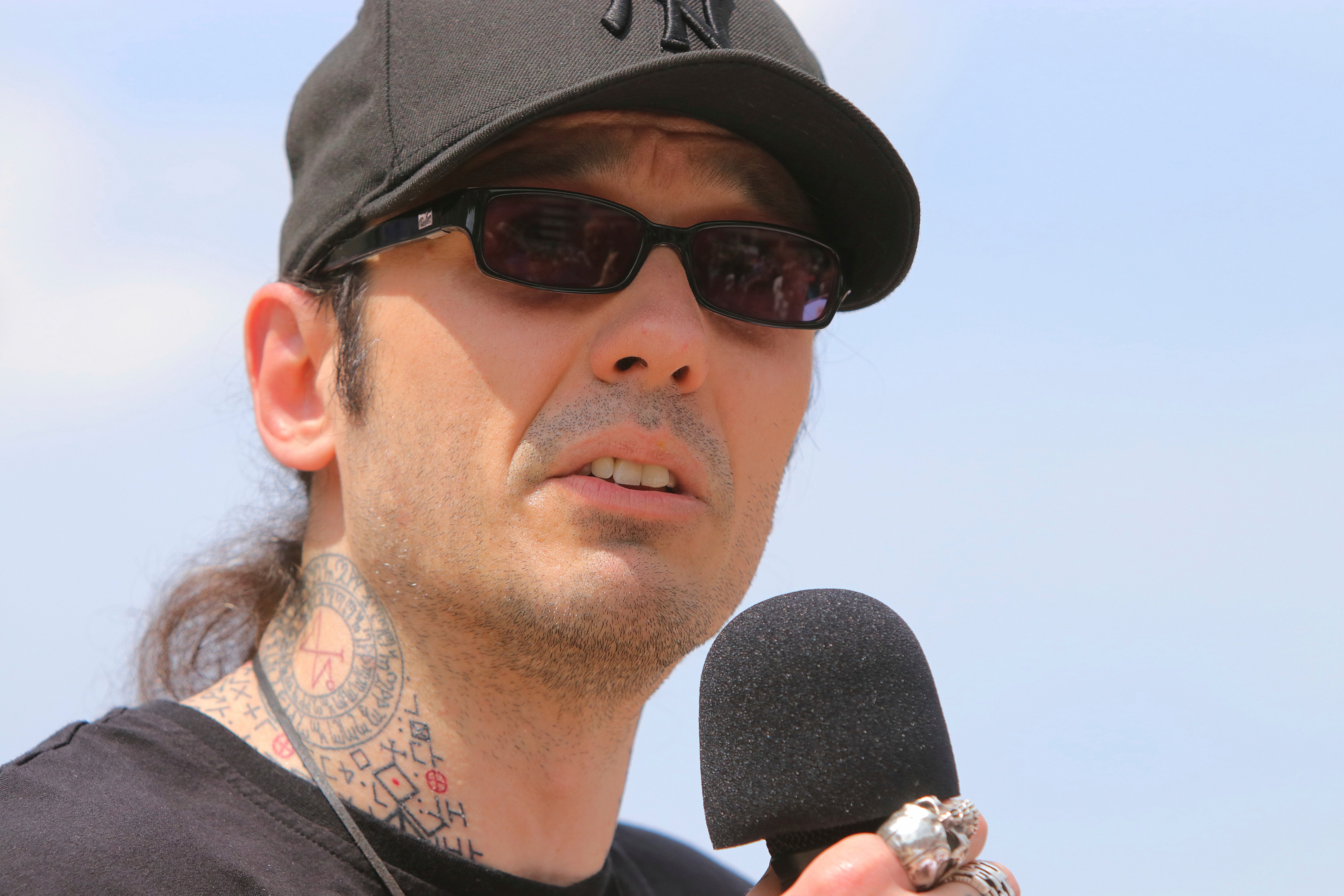Arkansas Supreme Court says new DNA testing can be sought in 'West Memphis 3' case
The Arkansas Supreme Court is clearing the way for new DNA testing to be sought in the killing of three boys nearly 30 years ago

Your support helps us to tell the story
From reproductive rights to climate change to Big Tech, The Independent is on the ground when the story is developing. Whether it's investigating the financials of Elon Musk's pro-Trump PAC or producing our latest documentary, 'The A Word', which shines a light on the American women fighting for reproductive rights, we know how important it is to parse out the facts from the messaging.
At such a critical moment in US history, we need reporters on the ground. Your donation allows us to keep sending journalists to speak to both sides of the story.
The Independent is trusted by Americans across the entire political spectrum. And unlike many other quality news outlets, we choose not to lock Americans out of our reporting and analysis with paywalls. We believe quality journalism should be available to everyone, paid for by those who can afford it.
Your support makes all the difference.The Arkansas Supreme Court on Thursday said a judge wrongly denied a request for new genetic testing of crime scene evidence from the killing of three boys nearly 30 years ago.
In a 4-3 decision, the court reversed the 2022 ruling denying the request to test evidence from the 1993 crime scene where three 8-year-old boys were found brutally slain in a drainage ditch near West Memphis. The additional testing was sought by Damien Echols, one of the three men convicted in the slayings.
Echols, Jason Baldwin and Jesse Misskelley were convicted in 1994 but released in 2011 under a rarely used plea agreement that allowed them to maintain their innocence yet plead guilty in exchange for 18-year sentences and credit for time served.
“We appreciate the (Arkansas Supreme Court) giving this ruling and hope we can now once and for all solve this case, clear our names and find the person responsible for carrying out these horrendous crimes,” Echols said in a statement. “This is monumental.”
On Thursday, the court reversed the circuit judge's ruling that the state law allowing for additional testing didn't apply because Echols wasn't in custody when he made the request. Justices also rejected the state's argument during the appeal that the type of plea agreement precluded Echols from seeking additional testing.
“It is undisputed that Echols has been convicted of a crime, and as a result, he is entitled to seek relief pursuant to Act 1780,” Justice Karen Baker wrote in the court's ruling.
Stephen Braga, lead counsel for Echols, said he planned to seek a possible agreement with the local prosecutor on DNA testing and will file a motion before the lower court.
“We're very happy with the court's ruling this morning upholding the plain language of the statute,” Braga said. “We're even happier that this means Damien will have another chance to work with the circuit court and or the prosecutor to get new DNA testing done on the evidence at issue.”
In a dissenting opinion, Justice Barbara Webb said the court's decision “obliterates any sense of finality in our criminal justice system.”
“Their interpretation of Act 1780 means anyone who has ever been convicted of a crime — whether or not they be in State custody — can seek DNA or other scientific testing even if such testing would not prove that individual’s innocence,” she wrote.
Attorney General Tim Griffin, whose office argued the case, raised similar concerns and said Thursday's ruling “undermines finality in long-closed criminal cases and will result in unserious filings."
“I hope the legislature will address the issue expeditiously,” Griffin said in a statement.
Subscribe to Independent Premium to bookmark this article
Want to bookmark your favourite articles and stories to read or reference later? Start your Independent Premium subscription today.